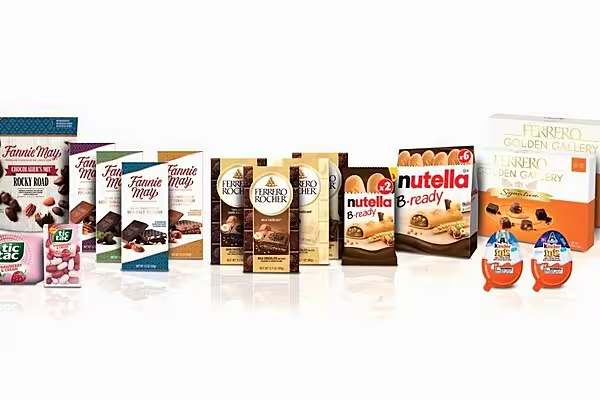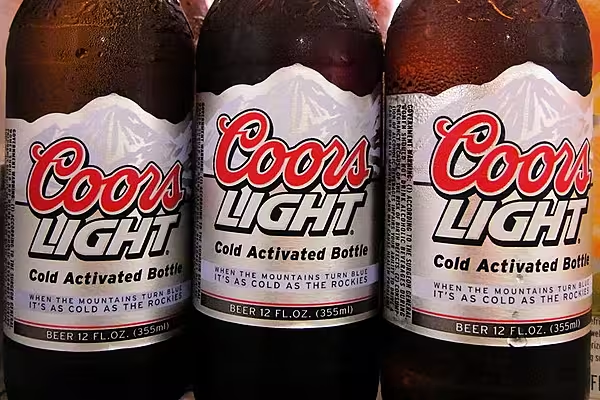Environmental group Deutsche Umwelthilfe has described the amount of food waste being generated by German retailers as ‘alarming’, following the publication of a report tracking food waste in the sector.
The Thünen Institute, which is part of Germany’s Federal Ministry of Agriculture, presented its first report of the Pakt gegen Lebensmittelverschwendung (‘Pact Against Food Waste’) in the retail and wholesale trade, and it found that just a quarter of unsold food was repurposed as food or animal feed, while the majority ended up as waste.
The food waste data included information from 14 major food retailers, including Lidl, Kaufland, Netto, Edeka and others, covering full-year 2023.
Resource Scarcity
Commenting on the findings, Sascha Müller-Kraenner, federal managing director at Deutsche Umwelthilfe, said that while the publication of such figures was a “step in the right direction”, it was concerning that “more than three quarters of unsold food has been disposed of as waste. In times of resource scarcity, food must end up on plates, not in bins.”
In addition, Deutsche Umwelthilfe has described the data as ‘flawed’, given that ‘companies arbitrarily chose base years for calculations, used euro-to-tonne conversions, and made blanket assumptions about food rescue efforts. These practices distort the actual figures, which urgently need improvement.
‘Companies must be mandated to transparently and comprehensively document the true extent of food waste. We urge the federal government to establish clear and binding guidelines for this.’
About The Pact
The Pakt gegen Lebensmittelverschwendung was voluntarily established in July 2023, between the Federal Ministry of Food and Agriculture (BMEL) and 14 wholesale and retail companies.
The agreement commits these companies to reducing food waste by 30% by 2025, and by 50% by 2030. The BMEL tasked the Thünen Institute with monitoring and reporting on the pact’s progress.











